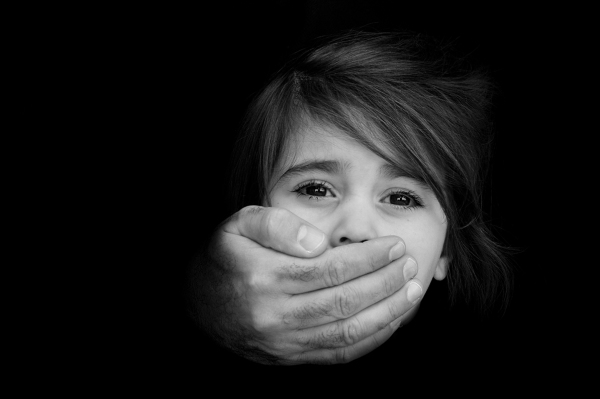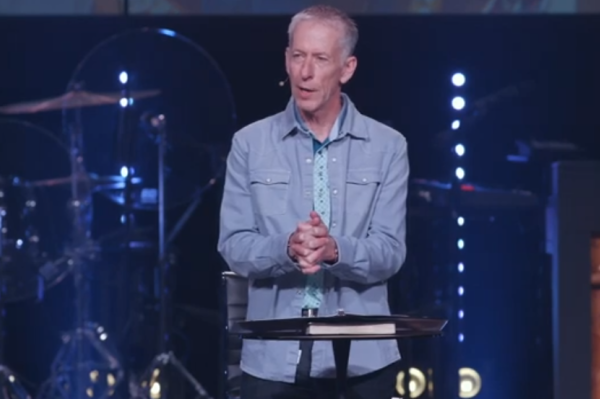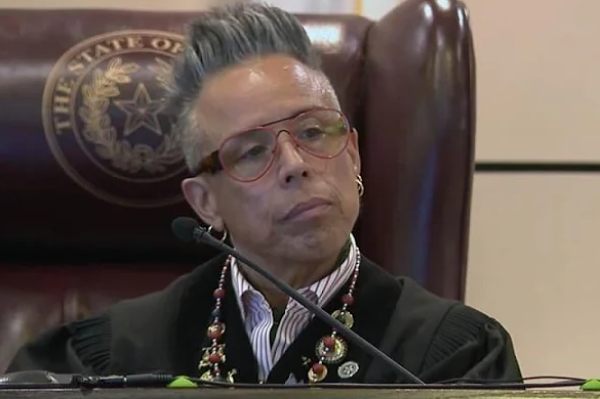Beyond the Christmas Lights: Christmas in the Early Church (Part 2)
Christmas is a major event in modern America, involving weeks of shopping, lights, caroling and church services. It also is a federal holiday, where millions get off work and are with family every Dec. 25.
So it may come as a surprise to learn that for the early church, Christmas was actually a fairly unimportant holy day eclipsed by other spiritual observances.
“As far as I know the evidence of a celebration of Christmas is late and controversial,” said Professor Timothy E. Gregory of Ohio State University in an interview with The Christian Post.
“To make a complex story short, it is possible that there was some celebration of Christmas as early as the 340s, but this was almost always connected not with the event itself but with dates for the Annunciation and/or the Epiphany.”
Evidence that the church did anything special for the observance of the birth of Jesus predating the fourth century is scant if not totally nonexistent.
Gregory explained that John Chrysostom, an early fifth century bishop, was interested in pinpointing the actual date of the Nativity, but celebrations surrounding the Nativity came later.
“Even then Christmas does not seem to have been a very important feast and that it did not become so until much later, in the Middle Ages in the West,” said Gregory.
“I think that the overwhelming evidence is that the feast of Christmas is almost entirely a development of the Middle Ages, and that its celebration as we know it, has almost nothing to do with celebrations today.”
Tia Kolbaba, associate professor for the Department of Religion at Rutgers University, told CP that there was “not a lot of emphasis” on the Christmas observance for the early church.
“The big question is whether they celebrated it or not,” said Kolbaba, who noted that elements like the crèche or manger scene displays do not appear until around the 13th century.
“The earliest tradition would have been a celebration of a feast day of the church.”
So why then was Christmas not considered significant enough by the early Christians to celebrate in the fashion of today?
According to Kolbaba, for the early church a greater focus was put on Easter and the Lord’s Day. A greater focus was also put on the Second Coming rather than the first.
“Students of early church history often disagree, but there is one thing they all agree upon: the early church was consumed by earnest expectation of the imminent ‘Parousia’ (the Lord's second coming),” wrote Heg. Fr. Athanasius Iskander of St. Mary's Coptic Orthodox Church in Kitchener, Ontario, Canada.
“Some even say that this expectation was the driving force behind the fervor that the early church exhibited in its practices.”
It was not until the Middle Ages that Christmas became a more celebrated holy day, with the first usages of crèches as well as a practice known as “Winter Lent.”
Beginning around the same time as the first manger displays outside churches, Christians began to prepare for the Christmas feast day with fasting and prayer.
The regulations for this fast mirrored that of the weeks leading up to Easter, known as Lent, in which Christians were to fast and pray in preparation.
It was this point, Kolbaba noted, that was probably the most significant difference between the way Medieval Church celebrated Christmas and how modern Americans celebrate Christmas.
“The materialism of it,” Kolbaba pointed out, adding that “there wasn’t even, early on, a tradition of gift-giving.”
These and other attributes of what is now the Christmas celebration would come later and in the modern day Americans have various ways they celebrate the occasion.





















